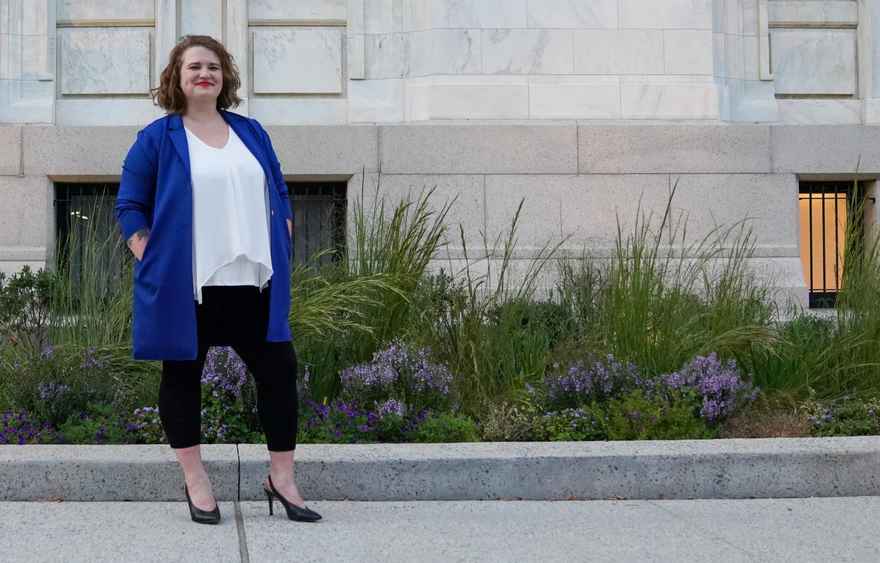How is Peterson Consulting Group different from other coaches & consultants?

photo by Rah Foard
There are some really phenomenal business consultants out there. There are some really knowledgeable trauma-informed coaches too.
I know you've probably got thousands of choices and that can be overwhelming. To help with your "analysis paralysis" I'd like to help point out a few differences that my clients' have mentioned as their favorites.
What makes Emily Ann Peterson different?
I don't advocate for "toxic positivity" or "forced gratitude." In other words, I won't ask my clients to do "money mindset" work or to solve their problems by "just think better thoughts!" or "say this mantra 10x every day." Unfortunately, there are coaches out there preaching that stuff which may work beautifully for some people, but more often than not, these strategies would do trauma survivors (and many others) a tragic disservice.
I frequently recommend evidence-based business skills and tools that are backed by peer-reviewed academic research, science, math, facts, and other dependable sources of information. These tools are extremely beneficial for trauma survivors, due to the nature of trauma's effect on the brain's ability to make decisions.
I find it so freaking cool when trauma survivors learn easier ways to live life and run businesses. I love to share access to resources like understandable numbers and facts that matter. These are business tools that make it exponentially easier to create mutual reciprocity, support, and long-term financial sustainability long-term. In other words, hard, cold facts provide the safety and stability that trauma survivors need to make confident, reliable decisions.
My clients get to dip into an extensive business education (BBA, MBA) vai my real-world business experience and my continued education in trauma research. Unfortunately, there aren't many business coaches who have a business degree or better yet, two business degrees. I'm a total nerd and love taking classes on some badass subjects. (ex: She's a member of the Association of Contextual Behavioral Science (ACBS), a non-hierarchical framework for value-based decision-making, and attends many of their workshops.)
Neurodiversity! By way of *two* late-life neurodiversity diagnoses, my clients get the benefit of a "racecar brain" and "kaleidoscope goggles." A neurodiverse coach has the potential to be a golden ticket for a trauma survivor. A neurodiverse brain works can make it easy to find mitigation pathways for the long-term effects of trauma and adapt to its enduring symptoms. Not only do the symptoms of neurodiversity and trauma overlap a lot, but the neurodiversity community can offer trauma survivors tools of resilience, empathy, and history of shared/similar lived experiences.
If any of this resonates with you or you've got more questions, click here to schedule a meet-n-greet.
Categories
- This is Your Brain (5)
- Trauma + Business (8)
- Religious Trauma (5)
- Trauma 101 (5)
- FAQs (9)
- Social Entrepreneurship (6)
- Economics & Sustainability (9)
- Feminism & Patriarchy (4)
- Deconstructing Capitalism (8)
- Emily Ann Says (11)
- Assessments (7)
- Self-Regulation Tools (7)
- Building Resilience (7)
- Helpers & Healers (4)
- Dear Congress (1)

